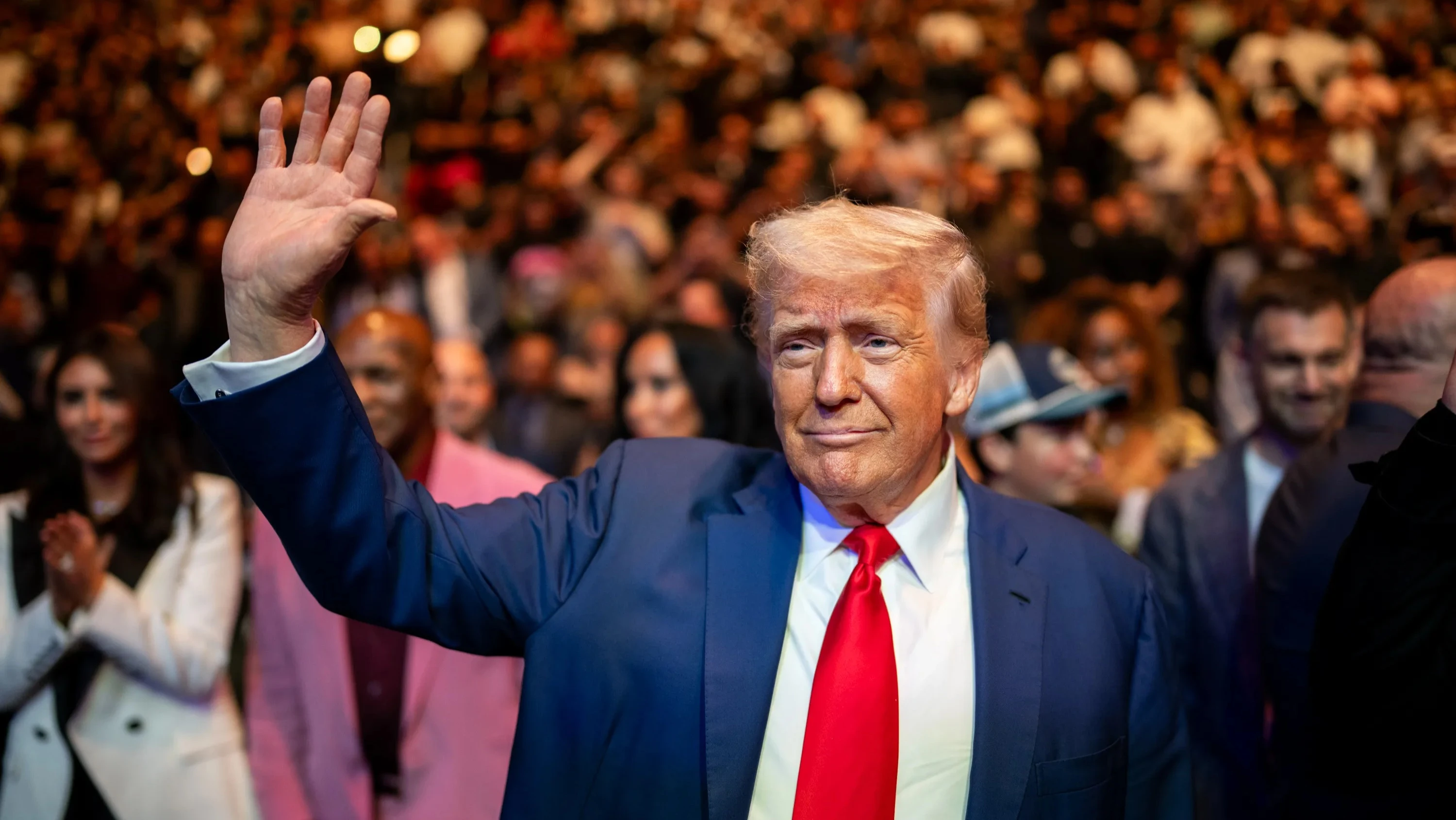Cannabis stocks soar as Trump hints at relaxing U.S. federal law

Shares of cannabis companies surged by double digits yesterday, August 11, driven by a comment from U.S. President Trump that he is considering reclassifying the drug, on the federal level, as less dangerous. Analysts say the move could reinvigorate the industry, spur research, and open up new market opportunities.
Details
The U.S. president told reporters at the White House yesterday that he was looking at reclassifying marijuana as a less dangerous drug over “the next few weeks," as reported by Bloomberg.
Trump's comment gave the sector a boost:
- Shares of greenhouse operator Village Farms International jumped more than 34% yesterday to $2.31 per share, the highest mark since December 2022.
- Shares of medical marijuana producer and distributor Tilray Brands soared nearly 42% to $0.92 per share, the highest since mid-February.
- Cannabis producer and distributor Canopy Growth gained more than 26% to close at $1.58 per share, a two-month high.
- Shares of peer Aurora Cannabis, which has no U.S. operations, rose 16.3% to $5.21 per share, the highest mark in almost two months.
- Shares of marijuana retailer SNDL climbed nearly 20% to $2.00 per share, having last seen that level in November 2024.
- Shares of cannabis producer Cronos Group jumped 16% to $2.67 per share, its best close since May 2024.
Reclassifying cannabis
Cannabis is currently labeled as a Schedule 1 drug, a category that also includes substances like heroin and LSD. it is deemed to have a high potential for abuse, and its possession or distribution is prohibited for any purpose.
Former Florida Republican representative Matt Gaetz said in a March op-ed that the Trump administration would bring “meaningful change” in reclassifying cannabis to a Schedule III drug, which puts it on the same level as anabolic steroids. This would not make the drug entirely legal but would ease restrictions on it, the Wall Street Journal explains. It would also allow for tax breaks for some marijuana companies and additional medical research.
A move from Schedule I to Schedule III would be “a game changer” for the roughly $80 billion market, Tim Seymour, investing chief at Seymour Asset Management, said on CNBC. Meanwhile, Tilray CEO Irwin Simon told CNBC he expects the process of reclassification to take about a year.
“Over the long-term, a rescheduling of cannabis would likely lift the entire sector by bolstering research, reducing stigma, improving access to capital, and opening up a large addressable market,” TD Cowen analyst Derek Lessard wrote in a note yesterday, cited by Bloomberg.
Context
The issue of reclassifying pot to have it considered a less dangerous drug has been discussed in the U.S. for years. In particular, Kamala Harris, who was vying for the presidency with Trump in 2024, promised to fully legalize adult recreational cannabis on the federal level. After Trump was elected, the issue was shelved. However, on Friday, the WSJ reported, citing "people familiar with the matter," that Trump is considering reclassifying marijuana.
Despite the federal ban, states have the authority to permit marijuana for medical or recreational use. According to the U.S. Centers for Disease Control and Prevention, as of February 2024, 47 states, the District of Columbia, and three territories (Guam, Puerto Rico and the U.S. Virgin Islands) allow medical use of marijuana. Another 24 states, the District of Columbia, and two territories (Guam and the Northern Mariana Islands) have legalized adult use for nonmedical purposes.
The AI translation of this story was reviewed by a human editor.
